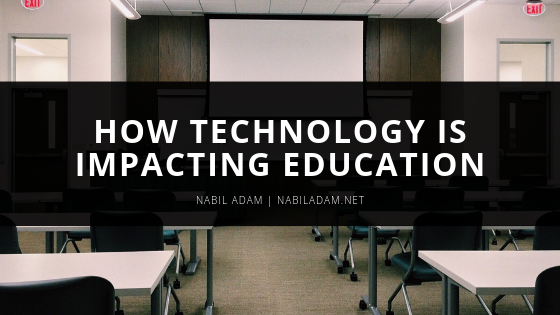As technology continues to advance, many industries will be impacted with new and improved developments and processes. Did you know that students are preparing for 85 percent of jobs that haven’t been invented yet? In the next decade, we will notice a change in the educational system in terms of technological initiative, interaction, and innovative learning.
Technological Initiatives
What confuses most educators is the way that the formation roles have inverted. Back in the traditional educational system, what you learn in school will define how you will make progress as a future professional.
In today’s digital world, the way we learn outside school defines the pedagogy methods used in the classroom. When creating exponential improvements in technology, education cannot ignore this influence anymore.
You will see many teachers include multiple devices to improve the learning experience, saving time, and using unconventional learning techniques based on interactive education.
Interactive Education
The digital world has become the predominant environment of our students, which can be leveraged by including interactive activities. A new approach to education is gamification, which is an accountability system designed to awake the student’s motivation with rewards, competition, and recognition.
Since teachers want to communicate information the best way possible, speaking the student’s language could lead to that goal. Various studies are verifying the efficiency of gamification in their academic tests, improving the person’s sense of discipline and commitment.
Some ways to incorporate gamification in your group include rewarding systems, achievement awards, a high-score leaderboard, info-graphics, and including metrics that you can update daily.
Innovative Learning
The fact that students are preparing for jobs that still don’t exist means that initiative becomes more important than ever before. In a constantly changing world, society needs people who bring innovative solutions quickly.
In the practical business world, knowing a lot of information may help as a secondary skill. What matters more is being faster when learning new abilities, analyzing opportunities, and solving problems.
Luckily, the new skill set that students will develop will be way more useful to achieve success in all aspects of their lives. After all, technology is about solving problems, which can make our lives better and add more value to the world.

